Wave 1 COVID-19 survey content and data
Find out about the topics covered in the survey, response, and how to access the data.

During the coronavirus pandemic, we have been running a series of surveys to find out about the experiences of the participants in five national longitudinal cohort studies. The aim is to understand the economic, social and health impacts of the COVID-19 crisis, the extent to which the pandemic is widening or narrowing inequalities, and the lifelong factors which shape vulnerability and resilience to its effects.
We have now completed three waves of the survey. Participants in all four of the national longitudinal cohort studies that we manage at CLS, as well as participants in the MRC National Survey of Health and Development, have taken part. In March 2021, study participants who had taken part in any of these three COVID-19 surveys were asked to provide a blood sample to be analysed for COVID-19 antibodies.
These studies have been following large nationally representative groups of people since birth, with ages currently ranging from 19 through to 74:
A first online survey (Wave 1) took place in May 2020, with over 18,000 study participants taking part. Nearly 26,000 participants took part in a second survey (Wave 2) in September – October 2020. Participants completed a third survey in February – March 2021.
Researchers can access data from all three waves from the UK Data Service.
The aim of the first survey was to collect insights into the lives of study participants including their physical and mental health and wellbeing, family and relationships, education, work, and finances during the first national lockdown. The questions focused mainly on how participants’ lives had changed from just before the outbreak of the pandemic in March 2020 up until their response to the survey during the height of the lockdown restrictions in May 2020.
The survey covered different topics, including:
An open question on how the pandemic affected the lives of participants was also included. Participants were also asked to use a COVID-19 symptom tracker app, developed by King’s College London, so that the data collected through this app could be linked to their study records.
Find out more about the Wave 1 content, response and data access.
Read our initial analysis of the Wave 1 data.
The aim of the Wave 2 survey was to capture how participants’ lives had changed from Wave 1 (in May 2020) until late summer/early autumn 2020. The topic areas mirrored closely those for Wave 1, with additional questions about:
Find out more about the Wave 2 content, response and data access.
Wave 3 took place between February and March 2021. The majority of the content comprised questions included in the first (May 2020) and second (September-October 2020) surveys. Other questions Wave 3 were new additions, including questions about the vaccination programme and long COVID. Work and finances, a topic covered in the previous waves, featured again in this wave, but with additional questions on pay and household income.
Find out more about the Wave 3 content, response and data access.
In March 2021, study participants who had taken part in any of the three waves of the COVID-19 survey were asked to provide a finger-prick blood sample to be analysed for COVID-19 antibodies. Those who agreed were sent a blood sample collection kit and asked to post back the sample to a laboratory for analysis. Two antibody tests were conducted which will help to distinguish between those who had COVID-19 antibodies due to exposure to the virus and those who had antibodies resulting from vaccination.
Find out more about the COVID-19 Antibody Testing content, response and data access.
In June 2021 and August 2021, CLS presented webinars to support researchers wishing to use data from all three waves of the COVID-19 survey. This included looking at content, dealing with non-response and some of the early findings. The recordings are now available as a resource.
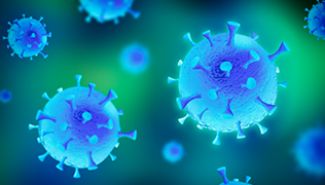
Find out about the topics covered in the survey, response, and how to access the data.

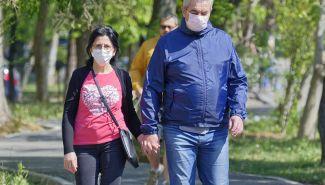
Find out about the topics covered in the survey, response, and how to access the data.


Find out about the topics covered in the survey, response and how to access the data.


We're currently conducting research on the impact of COVID-19 on different aspects of people's lives, using the data from the survey.

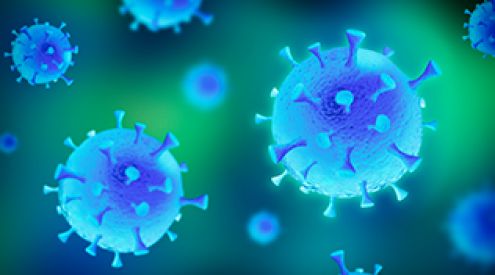
Researchers can now access new information on the presence of COVID-19 antibodies among more than 10,000 study members taking part in the four cohort studies run by the UCL Centre for Longitudinal Studies (CLS).
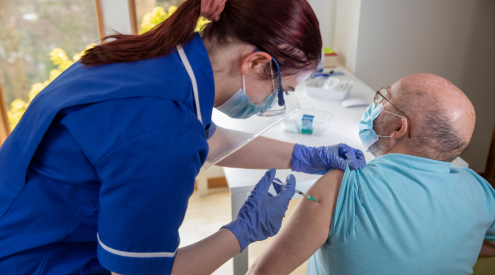
Researchers can now access new information about how the COVID-19 pandemic impacted the lives of almost 28,000 cohort study participants during the third national lockdown in February and March.

Data collected from CLS’s four cohort studies will be used to help improve the understanding of the risk factors, symptoms and treatment of the long term effects of COVID-19, in a major new research project announced today.
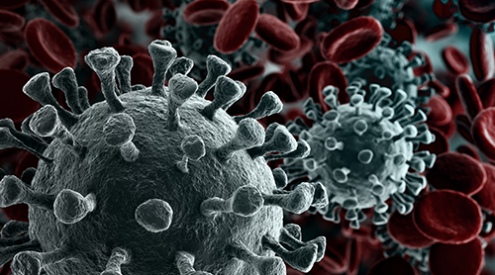

The number of hours worked in Britain dropped significantly in lockdown, with mothers most likely to sacrifice work for home schooling and developmental play, according to new research from the UCL Centre for Longitudinal Studies (CLS).
30 July 2020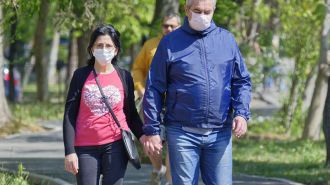
Researchers now have access to data about how the COVID-19 pandemic has affected over 18,000 participants of five nationally representative longitudinal cohort studies based at UCL.
17 July 2020
The UCL Centre for Longitudinal Studies (CLS) has launched a nationwide survey of the participants of five national longitudinal cohort studies, to examine the impact of the COVID-19 pandemic.
5 May 2020